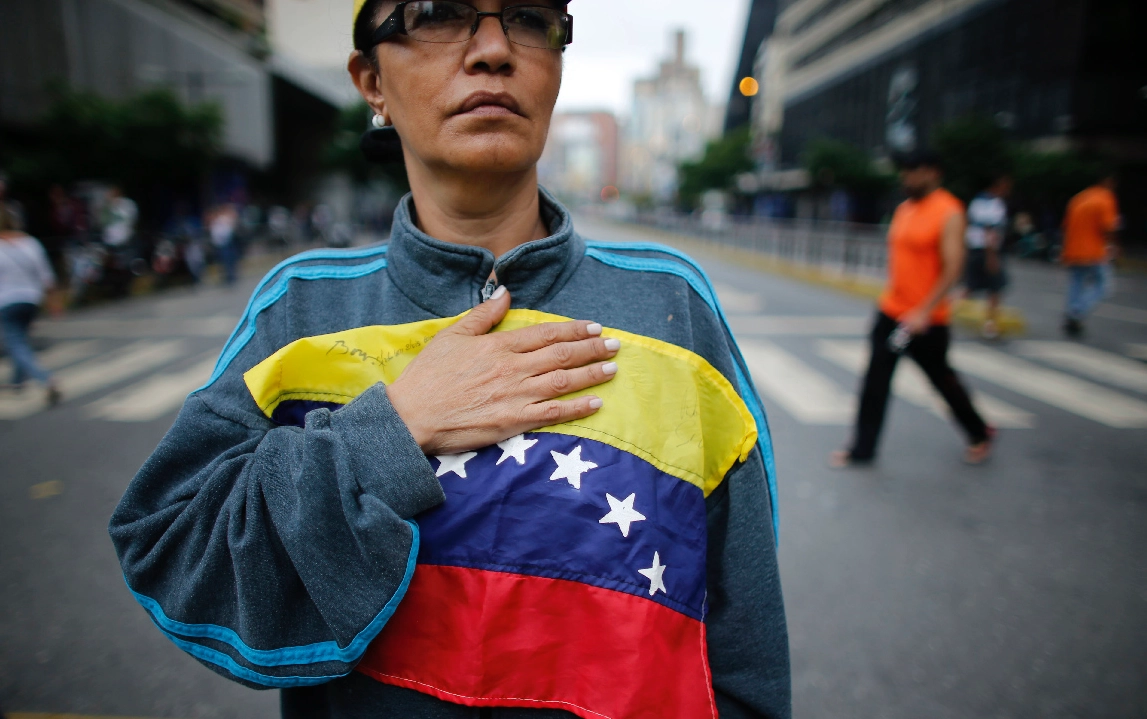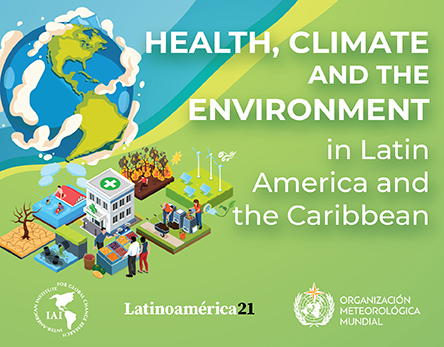One of the most profound consequences left by the political strategy of maximum pressure of the Donald Trump administration toward the government of Nicolás Maduro was the weakening of the Venezuelan opposition. The damage done by the U.S. outsourcing not only contributed to slowing down the mobilization of Venezuelans, but further weakened an opposition seriously afflicted by ideological divisions and strategic disagreements.
The displacement of the management of representation to the U.S. government left the country in a sort of political orphanhood, turning even its domestic policy decisions into an existential issue for some sectors of Venezuelan society. At the domestic level, the issue was used by the previous administration to capture and retain the Latino vote, specifically in the Cuban and Venezuelan exile communities in Florida, where it came to represent a critical issue due to its electoral impact.
However, after the 2020 elections, the political debate on Venezuela took a different direction with the incoming administration of Joe Biden. Considering his critical stance on the strategy of the past administration, and given the electoral results in Florida, the argument of preserving the vote of Cubans and Venezuelans lost strength in his agenda. The adverse Democratic Party results freed up the Biden administration, allowing it to approach the Venezuelan case from a more pragmatic perspective.
The first indications of the change in the U.S. strategy came from direct negotiations with the Venezuelan regime. The release of Maduro’s political nephews in October 2022 generated widespread condemnation in Venezuela. What did not get much attention was the rapprochement between the two sides, amid the stalemate of talks initiated in Barbados in 2019, and in Mexico between 2021 and 2022.
In the absence of progress in the talks between the parties, the Biden administration opted for a more direct route. The migration crisis forced them to take up the issue again because it was no longer only about the repercussions for regional governments in the hands of the Republican Party, but the massive flow of immigrants was also affecting Democratic governments thanks to the Republican strategy of transferring immigrants to cities under their jurisdiction.
In this context, a new exchange of prisoners took place between the two governments, rekindling the broad rejection among Venezuelan public opinion of the Biden administration’s policy toward Maduro. The exchange of ten prisoners of U.S. nationality for Alex Saab, a Colombian-Venezuelan businessman prosecuted for a series of crimes by the U.S. administration of justice, was the product of a parallel negotiation to that of Barbados under the mediation of the Ministry of Foreign Affairs of the government of Qatar.
This new episode has made it possible to observe a qualitative change that could become crucial given the electoral challenges that the Venezuelan opposition will face in 2024. After the opposition primary election this past October, the desire for change for which more than two million Venezuelans voted seems to be taking shape in the leadership endorsed by the election results. In contrast to the criticism about the release of Nicolás Maduro’s political nephews, the opposition’s presidential candidate, María Corina Machado, in a statement issued on the occasion of this transaction mentioned that the measure is part of the process of building a civic route leading to an electoral solution to the Venezuelan political crisis.
Machado’s transition from an aspiring leader with uncompromising political propositions to a leader with more moderate (or cautious) positions should not go unnoticed. A first indication of Machado’s change of strategy, which did not always support going to the polls, was her participation in the primary election. A turn which, however, has not been enough to settle the differences within the opposition. The other sign has been her approach to the negotiation process, which even shortly before the primaries was still the object of harsh criticism on her part. Now she considers it as one more scenario within a broad political program that it has been developing in the past two years.
These actions are part of what Machado has described as “the new awakening” of Venezuela. From this approach, the opposition candidate recognizes that the electoral road is full of uncertainty and obstacles, assuming participation in the political process from a more pragmatic position, far from her usual demand for the unconditional exit of Maduro.
The window of opportunity presented to the opposition in this stretch of the Venezuelan political crisis may be tiny if it is not taken advantage of to adopt a unitary and effective medium-term strategy. After the primary election, Machado recognizes that she has received a mandate. It is possible that the challenge will not be limited only to face the threats from Chavism and its efforts to prevent her from participating in the 2024 presidential elections with the political disqualification against her. A first challenge will be to defeat the opposition forces that have devoured their leaders, before Chavism itself. Convincing the country that voted for Machado, and against a political leadership it considers incapable of confronting Chavism, that this is a long-term strategy has its risks in this scenario.
What is being proposed is a qualitative change that could lead to a strategic rethinking, which, if materialized with the expansion of political forces backing Machado, would be the most serious threat to Nicolás Maduro in recent years.
*Translated by Janaína Ruviaro da Silva from the original in Spanish.
Autor
Adjunct Professor of Political Science at Valencia College (Orlando, Florida). D. in Social Sciences from the Univ. of Carabobo (Venezuela). Chair of the Venezuelan Studies Section of the Latin American Studies Association (LASA).











